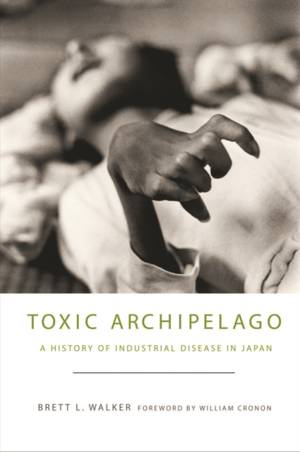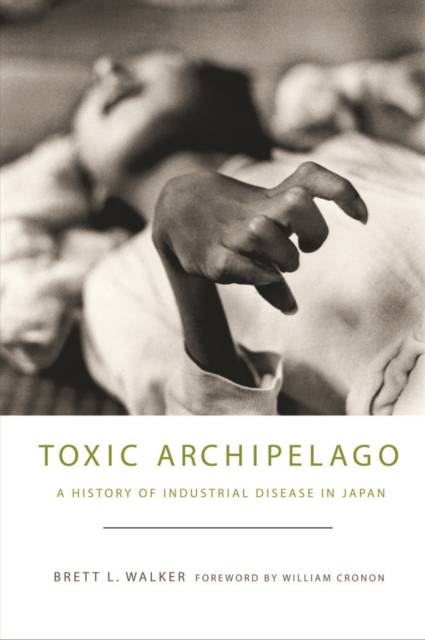
- Retrait gratuit dans votre magasin Club
- 7.000.000 titres dans notre catalogue
- Payer en toute sécurité
- Toujours un magasin près de chez vous
- Retrait gratuit dans votre magasin Club
- 7.000.0000 titres dans notre catalogue
- Payer en toute sécurité
- Toujours un magasin près de chez vous
Description
Every person on the planet is entangled in a web of ecological relationships that link farms and factories with human consumers. Our lives depend on these relationships -- and are imperiled by them as well. Nowhere is this truer than on the Japanese archipelago.
During the nineteenth century, Japan saw the rise of Homo sapiens industrialis, a new breed of human transformed by an engineered, industrialized, and poisonous environment. Toxins moved freely from mines, factory sites, and rice paddies into human bodies.
Toxic Archipelago explores how toxic pollution works its way into porous human bodies and brings unimaginable pain to some of them. Brett Walker examines startling case studies of industrial toxins that know no boundaries: deaths from insecticide contaminations; poisonings from copper, zinc, and lead mining; congenital deformities from methylmercury factory effluents; and lung diseases from sulfur dioxide and asbestos.
This powerful, probing book demonstrates how the Japanese archipelago has become industrialized over the last two hundred years -- and how people and the environment have suffered as a consequence.
Spécifications
Parties prenantes
- Auteur(s) :
- Editeur:
Contenu
- Nombre de pages :
- 304
- Langue:
- Anglais
- Collection :
Caractéristiques
- EAN:
- 9780295989549
- Date de parution :
- 08-03-10
- Format:
- Livre relié
- Format numérique:
- Genaaid
- Dimensions :
- 152 mm x 229 mm
- Poids :
- 566 g

Les avis
Nous publions uniquement les avis qui respectent les conditions requises. Consultez nos conditions pour les avis.






